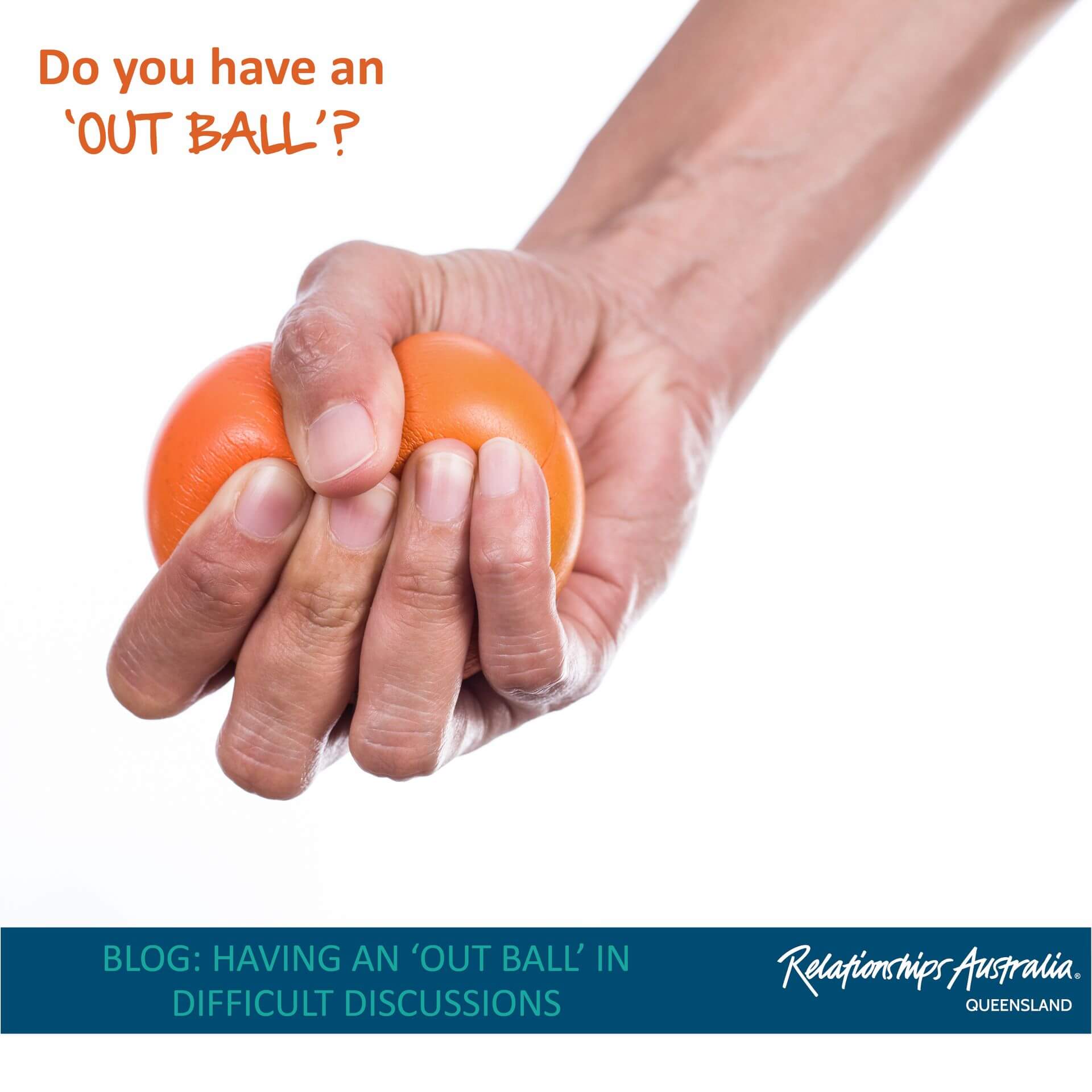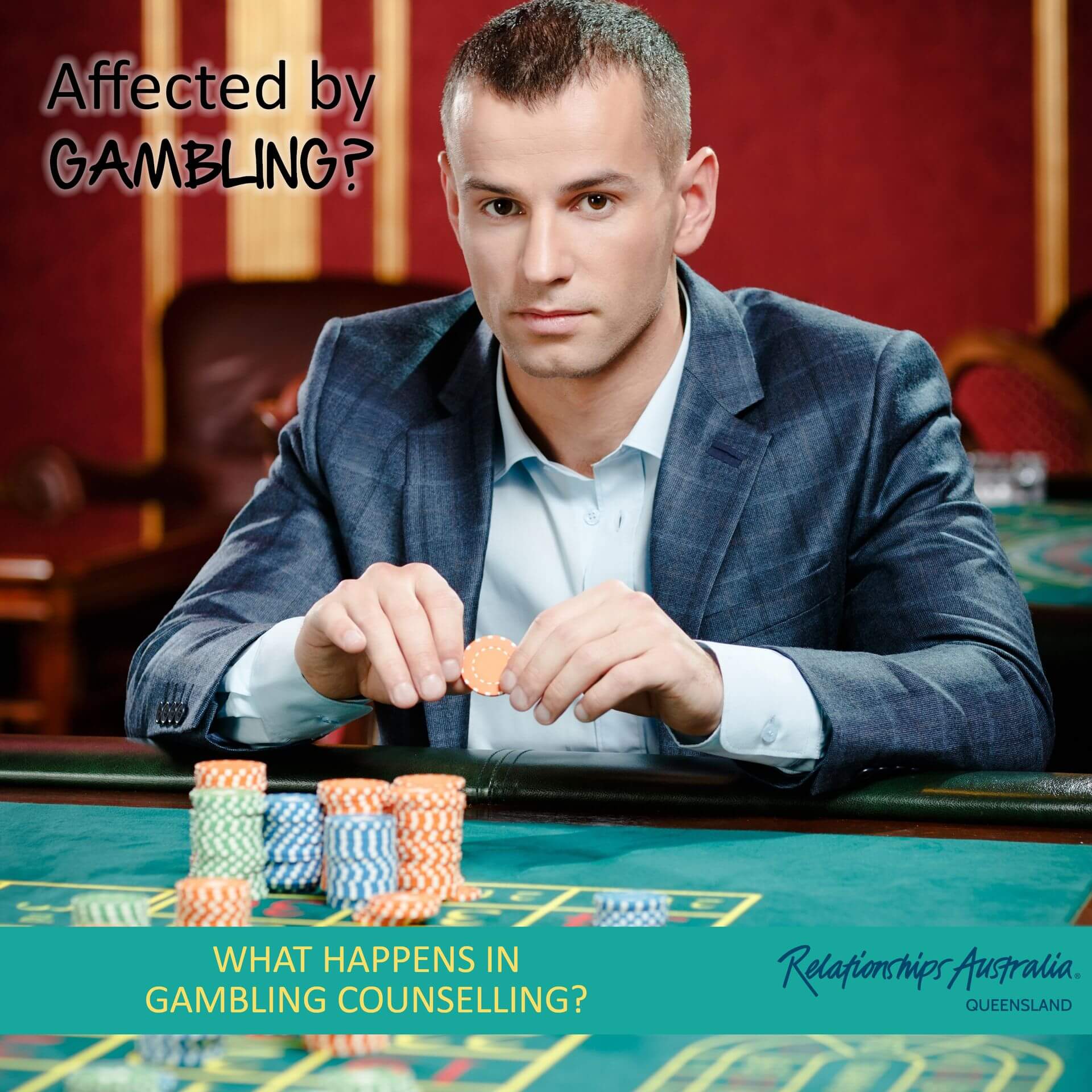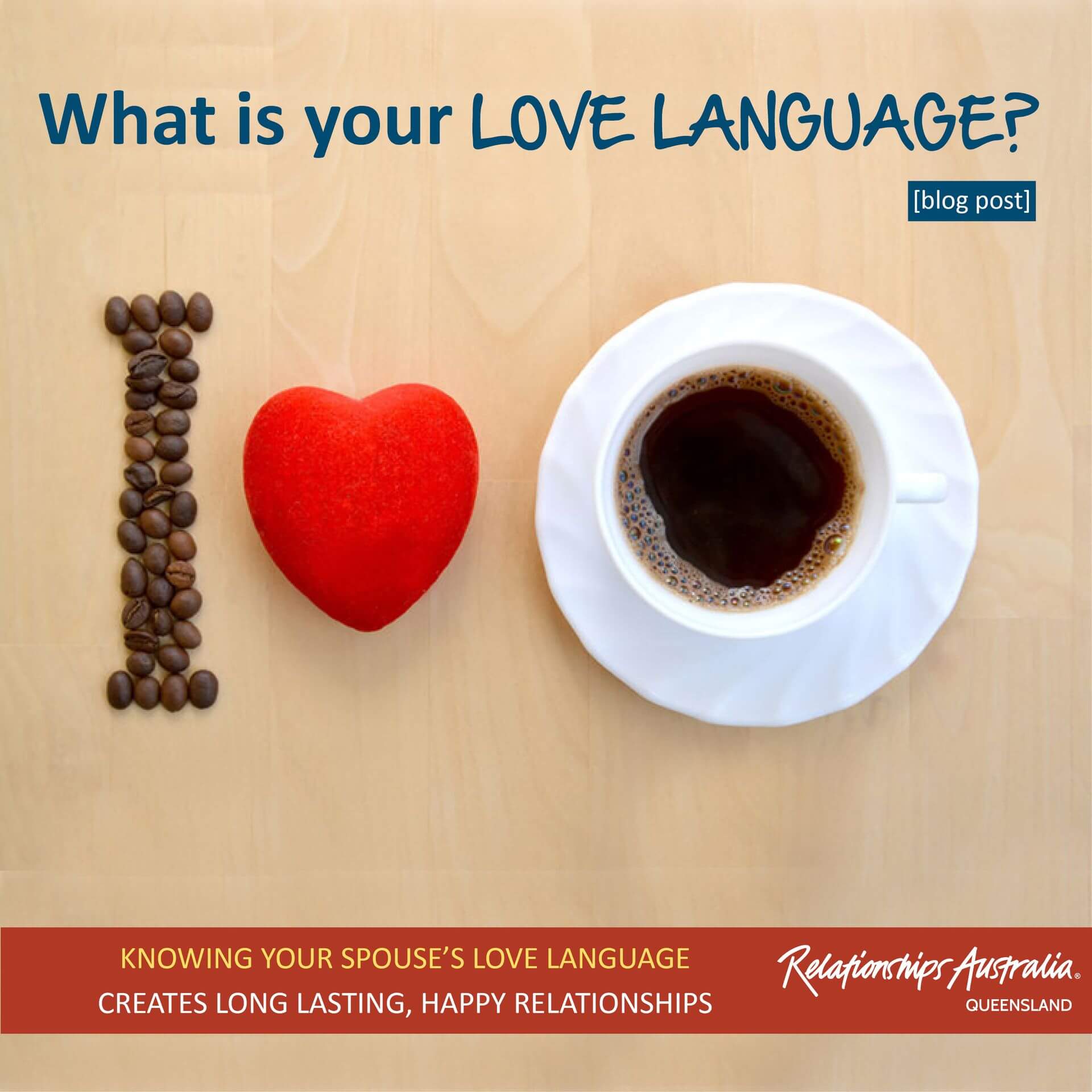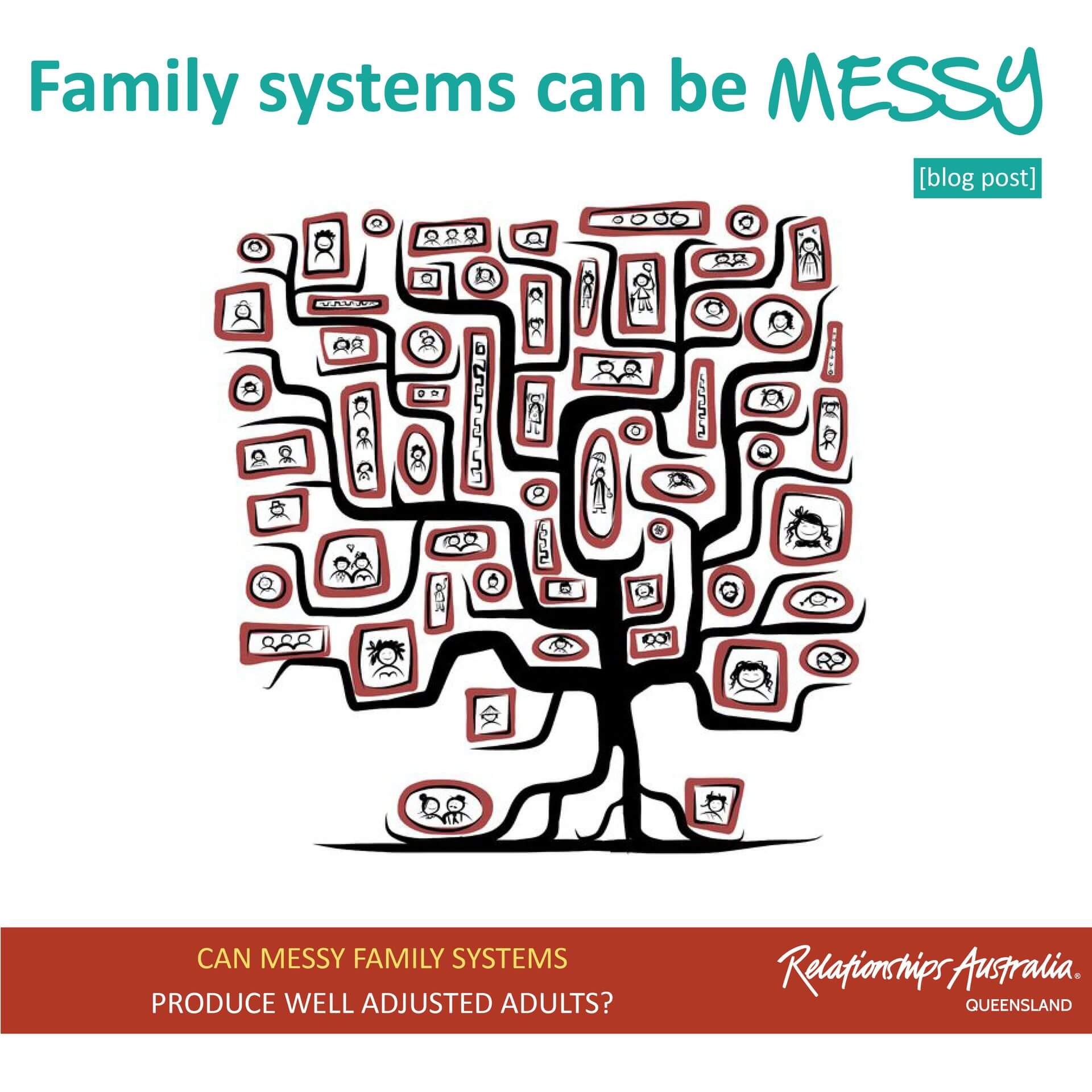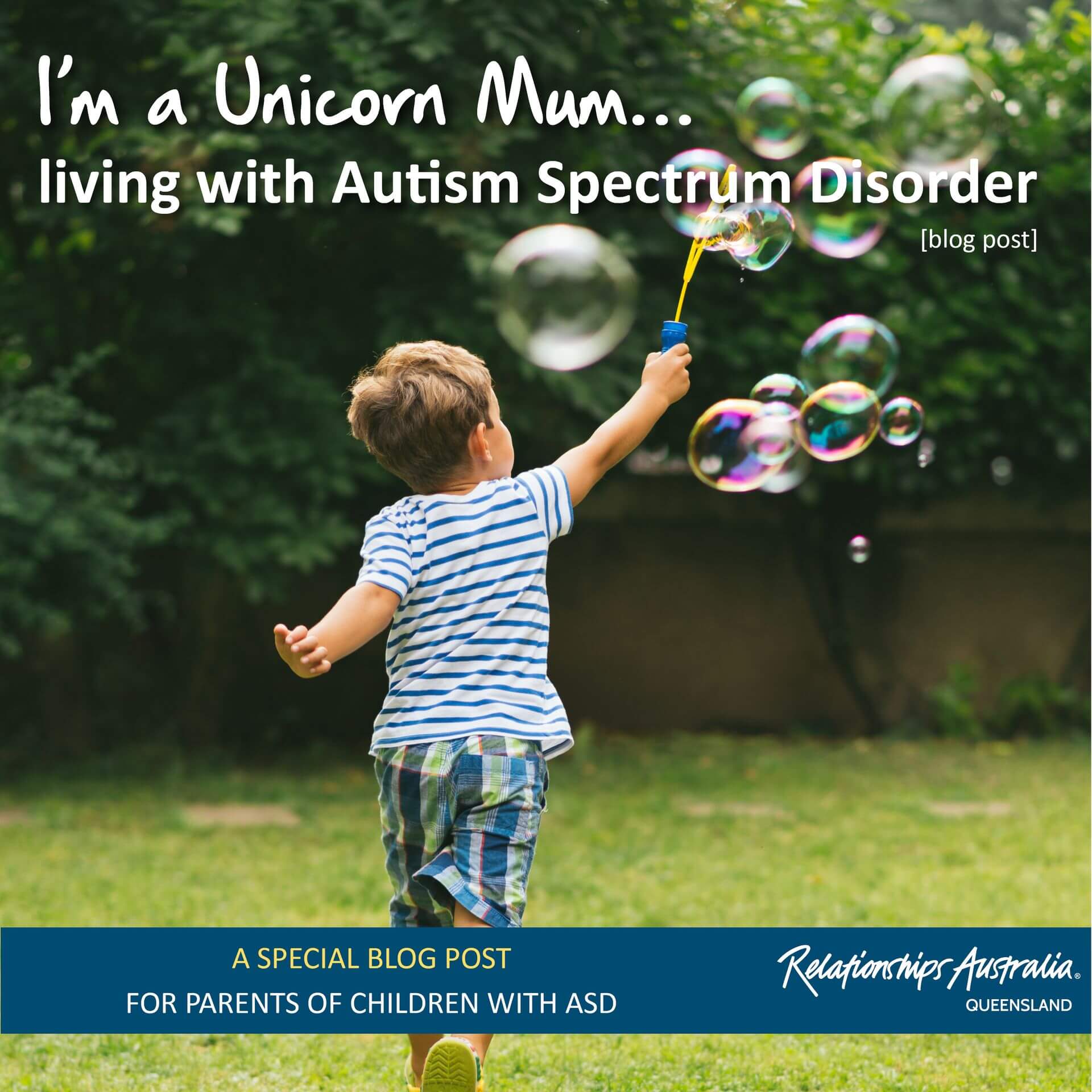Yesterday, I took Jack shopping. At the best of times, he finds these trips challenging. Jack is almost 5. Jack is an entertainer, he is funny, inquisitive, independent and loving. He has big brown eyes, wavy blonde hair and is so cheeky. This week he has a tiny pony tail at the front of his head. He tells me that he is a Unicorn….who also happens to carry a light sabre and wears gum boots. So I guess he’s a “bad ass” Unicorn.
Last year, just after his 4th birthday, Jack was diagnosed with ASD with a side of sensory processing disorder. Jack is what is classed as “high functioning”. We knew for a while that there was something slightly “different” for our precious boy, but couldn’t quite put our finger on it.
Anyway, back to my story, I took Jack shopping. The shop was crowded, the music loud and the checkout line long. Overwhelmed, Jack put his hands over his ears and started yelling for everyone to be quiet. An older lady, tut tutted and muttered something about Jack being bad mannered. I felt angry, flushed and beyond frustrated. I could feel the hurt, embarrassment, shame and sadness rising into an anger that was almost at the point of escaping. I pictured myself yelling right in the woman’s face “stop judging us you ignorant person” (probably amongst other words less suitable for publishing). Instead though, to my shame, I ignored her, took Jack out of the trolley and left the shop….sans groceries. I cried all the way out of the shop. I cried in the car park. All the while Jack was saying “Mummy, you sad, you sad, you sad?? Why sad?” When I strapped Jack into his seat, he reached out and wiped my tears and said “You are good girl Mummy. I love you”. I totally lost it. How could I tell him how ashamed I was of myself for not telling the woman to shut up? That my heart was hurting for him? That I felt I’d let him and me down again? That as a mum I’d been measured by that woman (and worse still, by me) and found lacking?
I decided, I had a decision to make. I could either continue to hurt and feel shame. I could lash out in anger. Or, I could write a bit about my experience as Mum. My hope is that it may give you a different perspective, a different lens. My hope is that we are not judged in the supermarket and that you don’t buy into the autism myths. My real hope though, is that my Jack’s (and other kids) difference is celebrated and embraced.
Before I get started, let me be clear, my experience is unique and I don’t speak on behalf of any other parent. That would not only be arrogant, but, pretty foolish too. ASD is a spectrum. My son is unique, I’m unique, and so is my family’s experience.
I’ve listened to all the well intentioned advice from people who do not have children with ASD. The same people who feel compelled to tell me all about parenting a child with ASD, and about ASD. Can I just tell you, that unless you’ve walked in my shoes, I really don’t want to hear it unless I’ve asked you. I’ve heard all the ASD and parenting “truths”, now let me tell you mine.
I feel that I consistently battle the so called “parental causes” of ASD that society, face to face or in “blogshpere”, feel the need to heap on me. I think now, 12 months after his diagnosis, I’ve heard or read just about all of them. Some of these “truths” go as follows: Jack has autism because I didn’t hug him enough, I’m an older mum, I went back to work when he was under 12 months, I ate the wrong foods when I was pregnant, I didn’t manage stress when I was pregnant, I am a confessed hair product junkie who can’t walk past a new hair product (ok, so I added that one). Oh, and, don’t get me started on the whole vaccination causes autism debate. I don’t give a crap, and it doesn’t change the fact that my son has autism (thanks for the added guilt though).
Mostly, I try to let these myths wash over me and disregard them for the folly that they are. At times, I’ll counter the argument, others I’ll just zone out. My head knows that these “reasons” don’t have any truth to them, yet my heart at times takes over and I question myself…..”If you had done anything differently, would Jack have ASD?” “Did you do this?” I try not to go there, as the sadness and guilt is awful. It’s a dark overwhelming place, and it wastes the energy I could use in supporting my kids.
I cry more than you’ll ever know. I cry when I see my beautiful boy trying to fit in and relate to other kids. I cry when I see him try so hard to “fit in” and be rejected. Just recently he was trying to join in with some kids. He’d been chasing them, and they were running away to avoid him. Not that he noticed, he thought they were playing with him. They then slowed tiring of it and started to walk. Jack pulled out one of his “joining” tactics. He’d spied something he thought was amazing. He yelled out to them “hey rock, a rock, look a rock”, the kids turned, looked at each other and said “yeah a rock, ooooh exciting. Who cares? Just a dumb rock and you’re dumb too” then ran off. My son was left standing there, not understanding what just happened, mesmerised by his rock. And his Mummy’s heart was breaking that little bit more.
At times like this (or like the supermarket example), I fight an overwhelmingly protective urge to scoop him up in my arms and run away with him to a place where I can make everything better. Where people see the bright, funny, loving, sensitive, quirky boy that is Jack. Where his “difference” is celebrated rather than judged. Where he doesn’t need to “fit” he just “is”.
I feel guilt for his sister, and that often my attention is diverted. This guilt is not helped by well-meaning people who point out to me the impact that having a brother with additional needs has upon her. Nor the lectures on “how I should make sure that spend more time with her, or do special activities with her”. I’m totally aware of this. I know the statistics that show a potential for poorer mental health outcomes for children with siblings with additional needs. He has the most beautiful big sister who loves him intensely. Their close relationship warms my heart. I actively carve out time, just for her and I, special time to do “mother and daughter” things. Yet, I still feel like I’m never doing enough and “advice” around how to manage my relationship with her isn’t needed or wanted.
I’m so damned tired. Did you know that up to 80% of children who have ASD have poor sleeping habits? I don’t think Jack has had a full night’s sleep in over 12 months. Gets tough at times trying to work full time, do all the “Mum” things, let alone try and fit in “me” time. At times, when I could go out, I just don’t have the energy to do it. I’d rather just rest.
Oh, and I don’t care about how your mothers sisters uncles cousin twice removed “cured” their child from autism with a kooky diet. Yes I’m aware that diet can impact upon my son’s behaviour, and yes, I know what foods can trigger a behavioural response. No, I’m not putting him on your kooky diet of grass, bone broth and air!
While I’m at it, Jack doesn’t need more discipline. He is NOT going to “grow out of it”. He does not have savant abilities like Rain man, which, by the way, is such a poor stereotype for ASD. Anyway don’t you think, if this were true, and all kids with ASD were also savants, I’d be with all the other parents of children with ASD who followed Tom Cruises path, booked a trip to Las Vegas and be writing this from my own island in the Carribbean.
No, there is no “autism epidemic” nor are “Dr’s just giving out diagnoses willy-nilly to families”. Seriously? Yes there are more children diagnosed than say 20 years ago, but then medically and scientifically we’ve come a long way. We know more, have learnt more, and can identify signs of ASD more readily than we could have prior to the growth of research and development in the area. I don’t hear of many people being diagnosed with “distemper” these days…say whaaaaaaat?
And, for the record, ASD is NOT an emotional, behavioural or mental health disorder. ASD is a developmental disorder which is biological in nature. That’s not to say that some kids with ASD don’t have additional needs, but, ASD occurs when the brain doesn’t develop in a “typical” way. End. Of. Story.
Finally, I’m torn. I love my son with all my heart and I’m glad that we have a name for the condition that is part of Jack. With this name, this label, we can then match the right supports for him. Yet, I don’t want this for him. I don’t’ want the extra struggle he is having and will continue to have to “fit in” to societal expectations. I see the way he struggles to “get” his peers, to “get” the social rules, to understand that the world and people cannot be processed within a literal framework. Yet, I celebrate his difference. He amazes me on a daily basis. I see that he has skills and abilities unique to him. I learn so much from him and his perspective on the world. I love Jack in is his entirety for the phenomenal boy he is. ASD is part of Jack, not Jack. My Jack is unique, like the mythical creature that he’s getting around as this week. He is my unicorn. Taking one element away would alter Jack, and I can honestly say, I wouldn’t want that for a second.
Postscript
I am so eternally grateful for the amazing supports out there for parents like me. My family and I are so blessed to have linked with awesome organisations like Autism Queensland, Community Health, the Umbrella network, Education Qlds Early Childhood Development unit and other health and education professionals along the way. Through these organisations, I’ve had the privilege to meet parents like me who’ve so generously shared their stories and helped me see that I’m not alone. Finally, special mention needs to be made of Jack’s grandparents. Jack is so incredibly lucky to have two sets of grandparents that love him unconditionally and continue to support him (and me) on our journey. We love you heaps xxxx
BE SOCIAL, SHARE!
This information may help someone you know. Please share this blog by using the orange SHARE link at the top of the page. You can also subscribe to receive future blogs straight to your inbox.
